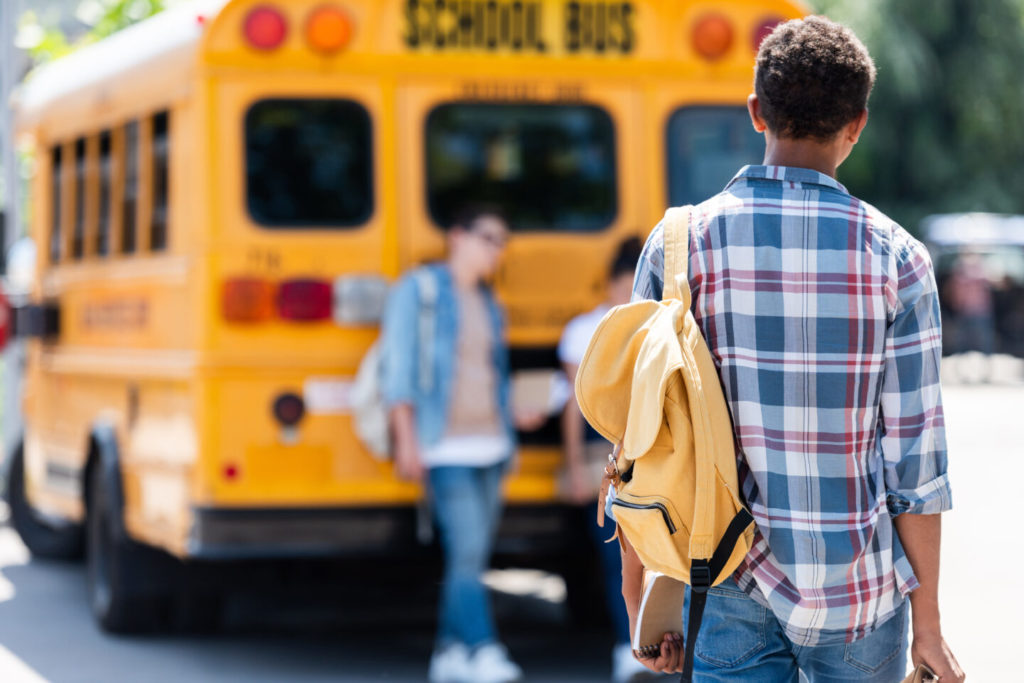Part-time enrollment in Florida could give families even more options for education
Florida students could soon benefit from the option to attend a blend of classes in public schools, homeschools and specialized schools as a part of their weekly schedule.
Called “part-time public…

Florida students could soon benefit from the option to attend a blend of classes in public schools, homeschools and specialized schools as a part of their weekly schedule.
Called “part-time public enrollment,” the initiative is a part of the bigger school reform package making its way through the legislature in the Sunshine state.
Patricia Levesque, CEO of the Florida-based advocacy group ExcelinEd, told The 74 that the Florida education reform bill HB1 specifies that “any public school in this state, including a charter school, may enroll a student on a part-time basis,” which opens the doors for a la carte instruction.
“I like to start by making things permissive, and then you let the innovators go after it,” Levesque said. “Districts or schools that really want to take advantage of the flexibility can pave the way and they show the others what can be done.”
A policy analysis from ExcelinEd in 2021 reported that at least 12 states allow students to enroll in public schools part-time. The group also maintains that such policies provide school districts with financial incentives to innovate in order to attract students with specialized classes.
Just as the pandemic opened businesses to the idea of not having workers in a central building for eight hours per day, it also eroded the principle of one student matching just one school, says one education professor.
“[The pandemic] has further called into question the model that attending school means showing up for six or seven hours in a building every day,” Robert Kunzman, an education professor at Indiana University and the managing director of the International Center for Home Education Research, told The 74.
“Certainly the pandemic has accelerated the sense that this is not only something that is possible, but is desirable and beneficial,” he added.
The biggest problem with part-time enrollment would be the logistics of transportation
In 2020, EdChoice called states’ policies on transportation to support school choice “a wild patchwork of requirements and flexibility.”
But as school choice is being embraced by states around the nation, many are beginning to offer transportation options. In Florida, for example, families already receive up to $750 to help offset the costs of transportation under the school choice scholarship program.
“Part-time enrollment is something families are very interested in,” Alex Spurrier, an associate partner at Bellwether Education Partners, a nonprofit research and consulting group, told The 74.
“If it’s embraced more by states and local districts, you could see more families decide to get off the fence and move to a more flexible learning environment for their kids.”



